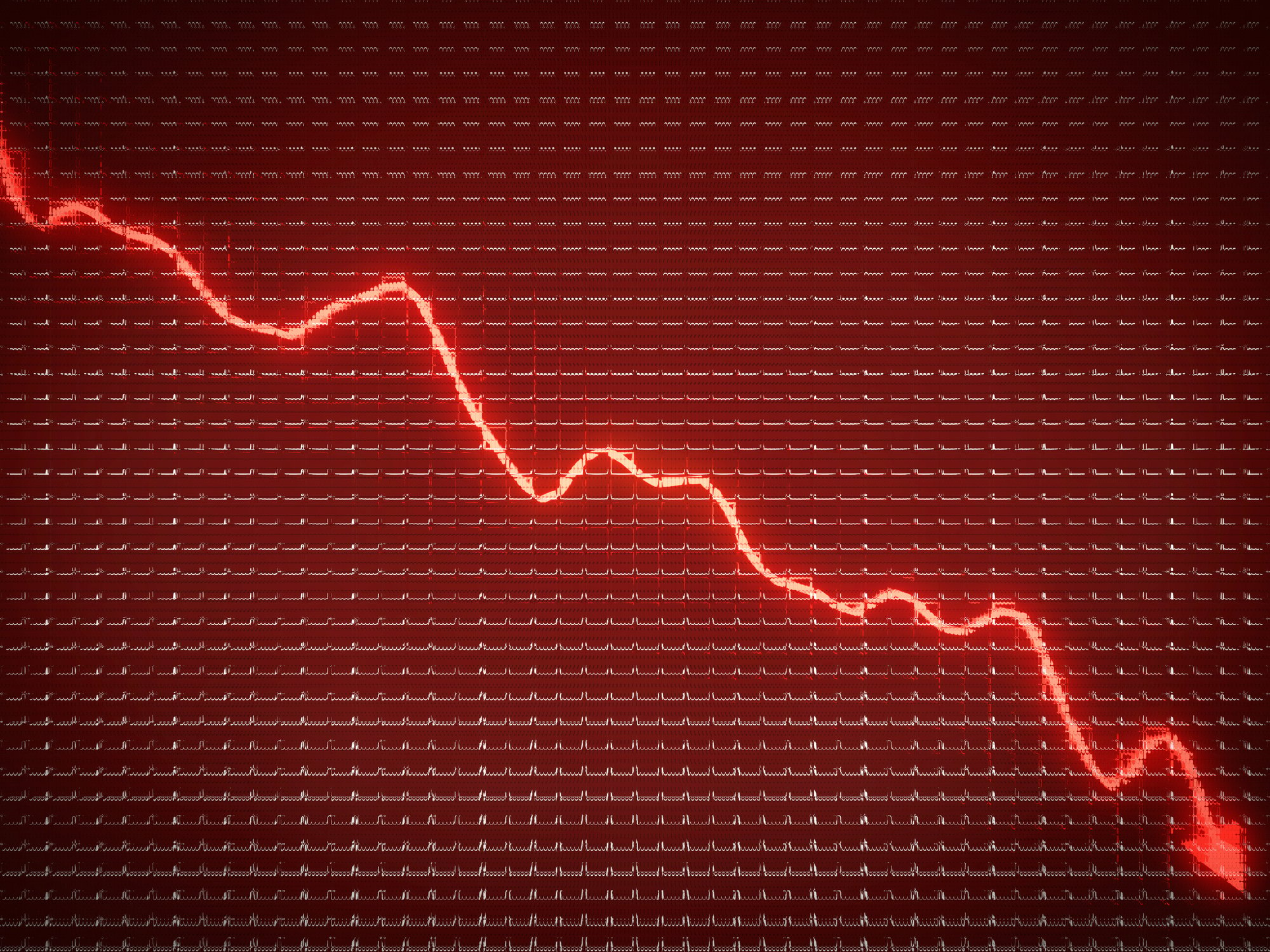Over the years, L Brands (LB +1.65%) has owned a number of chains, but at this point, it's basically down to two: Victoria's Secret and Bath & Body Works. (The Pink subsidiary, by and large, can be seen as a part of the former.) And of those two, one has been stuck in a downward spiral for a while. Investors who were hoping that Victoria's Secret will fix what ails it were again disappointed when comps fell another 5%. But Bath & Body Works' same-store sales sales were up a surprising 13%, which allowed the company to book a profit.
In this segment from MarketFoolery, host Chris Hill and senior analyst Ron Gross consider what's happening at L Brands, and whether its slightly better guidance and low valuation should interest investors today.
To catch full episodes of all The Motley Fool's free podcasts, check out our podcast center. A full transcript follows the video.
This video was recorded on May 23, 2019.
Chris Hill: Shares of L Brands are up 13% this morning. This is the parent company of Victoria's Secret, Bath & Body Works, and Pink. I guess first-quarter results were much better than expected, although expectations were pretty low for L Brands.
Ron Gross: Very low. Even with the pop, we're still down on the stock year to date about 5%. That's because this Victoria's Secret chain just cannot get out of its own way. It continues to struggle. Comp sales for Victoria's Secret down 5%. Overdiscounting, falling same-store sales for Pink. Pink, a youth-targeted line, things are not going well there. That's really a drag on this company.
The bright side is the Bath & Body Works side, where comp sales were up 13%. That's a strong number. One would think that this would perhaps be a stronger company if Bath and Body Works was a stand-alone company just in and of itself, because the demand from consumers seems to be pretty steady there, whereas Victoria's Secret is having some trouble.
Hill: I mean, I make fun of the $25 candles that they sell at Bath and Body Works. But if you're looking for high-margin stuff, that's a high-margin item.
Gross: For sure! They did raise guidance. They actually raised the lower end of full-year guidance, but that's still a raise. That's a positive indication. This one's only trading at around nine times. We talked about Best Buy, specialty retail in the tech space, trading for 12 or 13. This one's only at nine. Even more of a specialty retailer in my mind. You don't want to pay up for a premium like this. Median companies trade around 11, so it's trading at a discount to its peers, which is probably appropriate, because Victoria's Secret's just not getting it done.
Hill: You crunch the numbers a lot more than I do. Nine times still sounds high to me for L Brands, for the way that it's performing. I get that this quarter was better than expected. But it was basically an expectation that they were not going to make any money at all; they weren't going to turn a profit; and they did turn a profit. If you told me L Brands was trading at four times, I might start to get interested. But this still seems high for the structural problems that they're facing.
Gross: You make an excellent point. When your guidance is for breakeven and you exceed that guidance, well, that's good. You're profitable, and profits are great. But with the snap of a finger, they could have either been breakeven or negative. What are you really paying up for? What are you buying? To pay nine times earnings, as you indicate, it's still nine times. If you owned 100% of the company, you bought 100% of the company, it would take you nine years to break even if you put all of the earnings in your pocket.
Hill: Well, particularly compared to something like Best Buy. I look at Best Buy as a company that is maybe not firing on all cylinders, but they're firing on a lot of them. The fact that it's 12 times vs. nine times...anyways.






